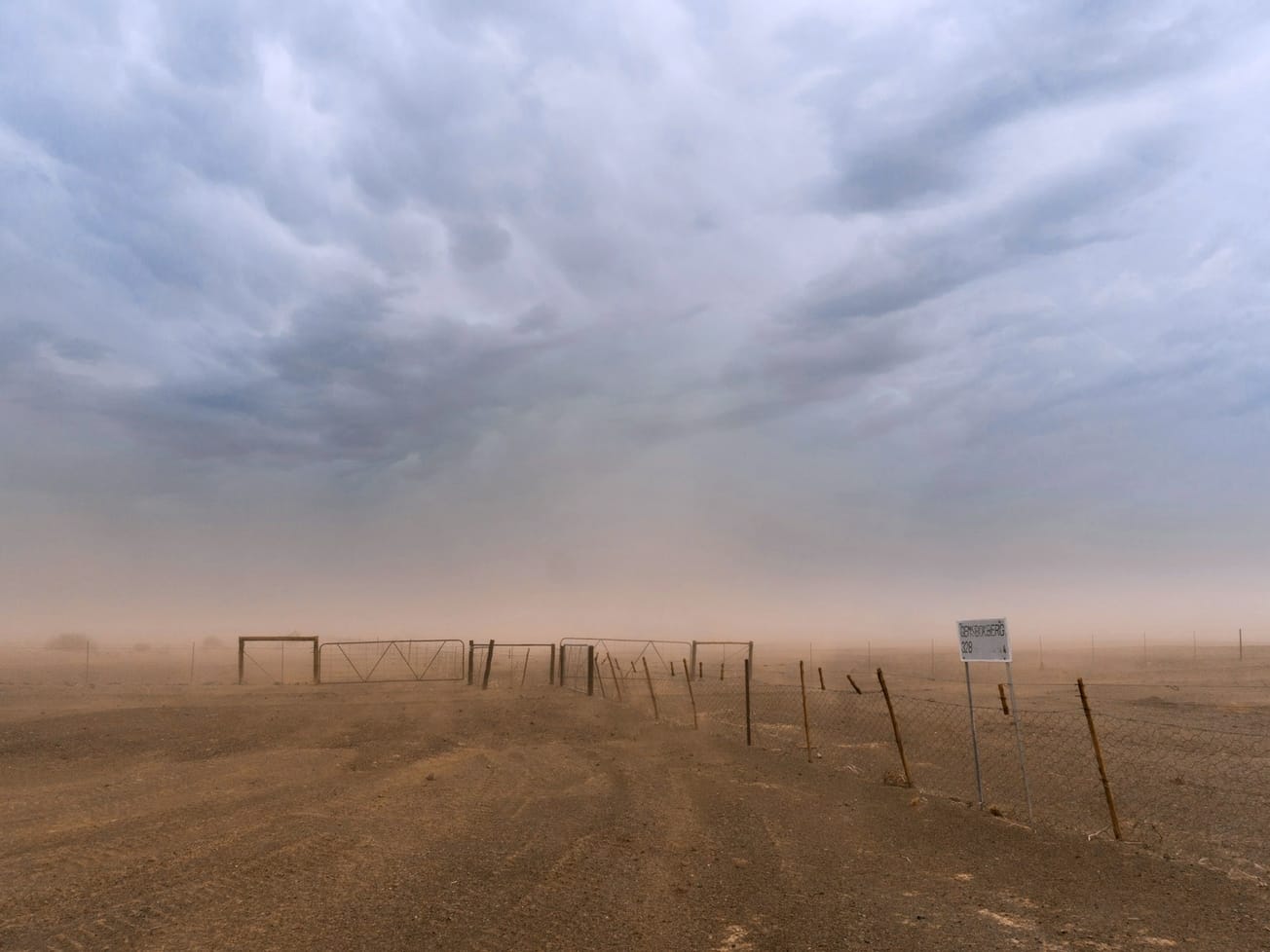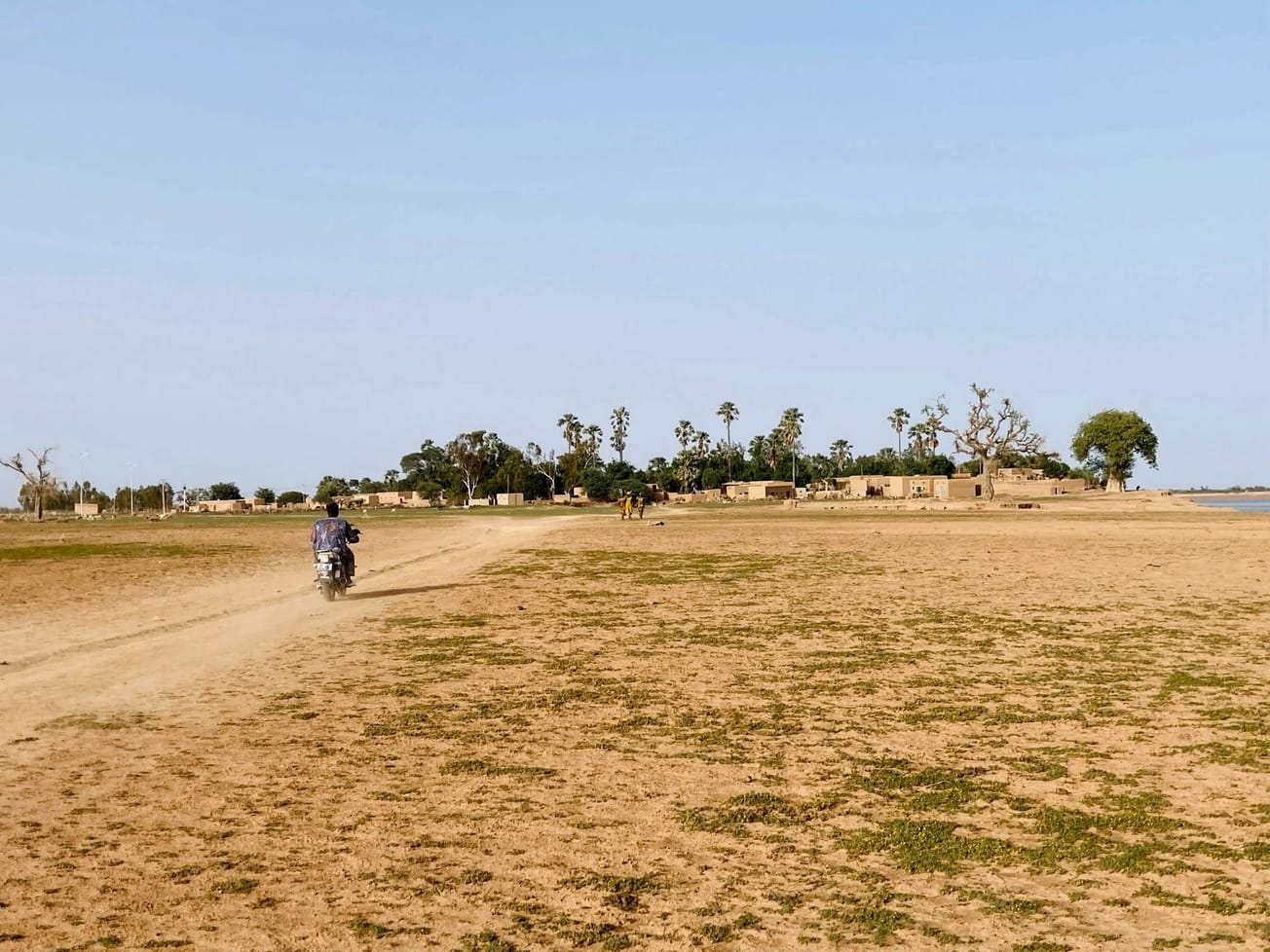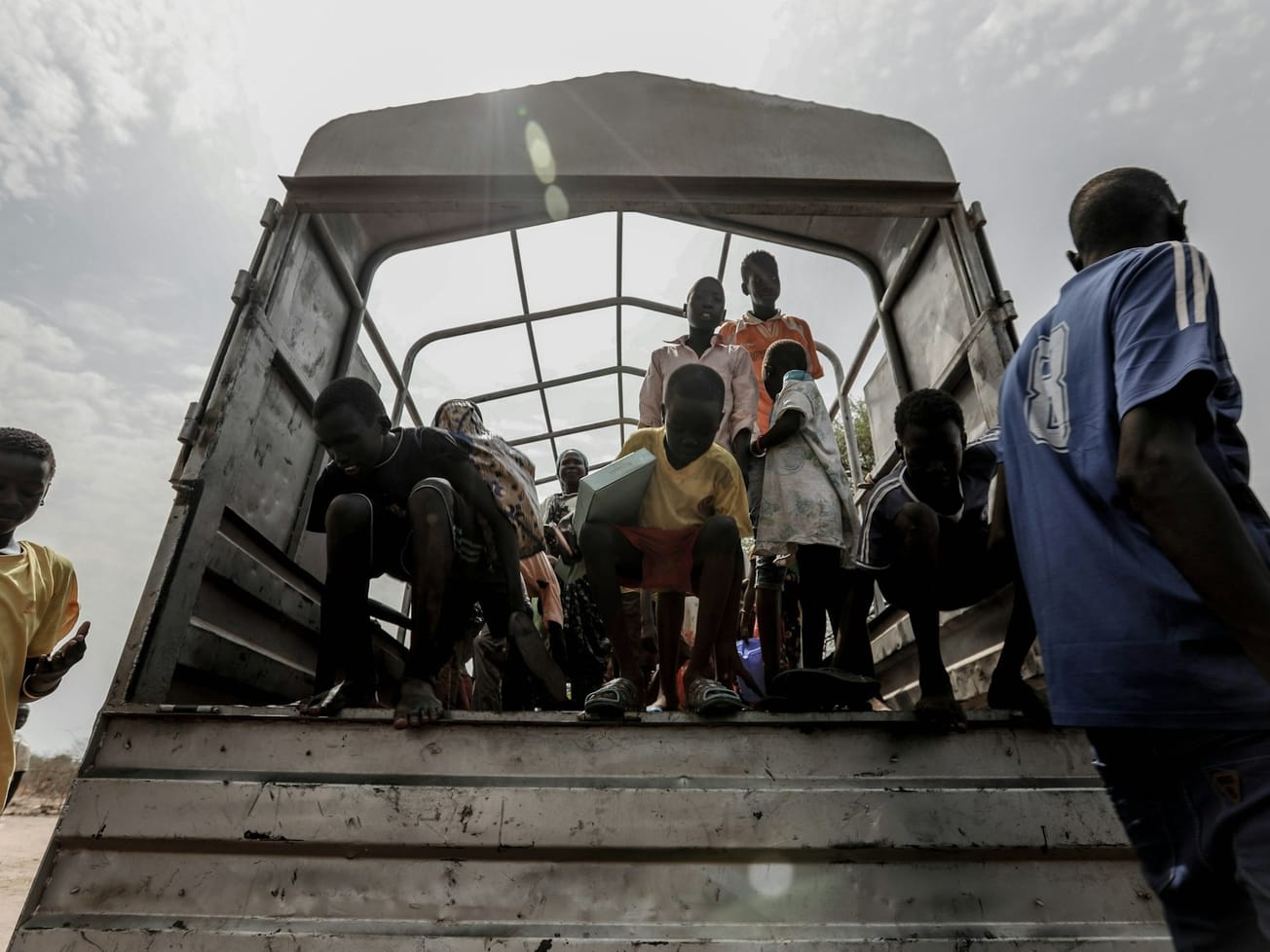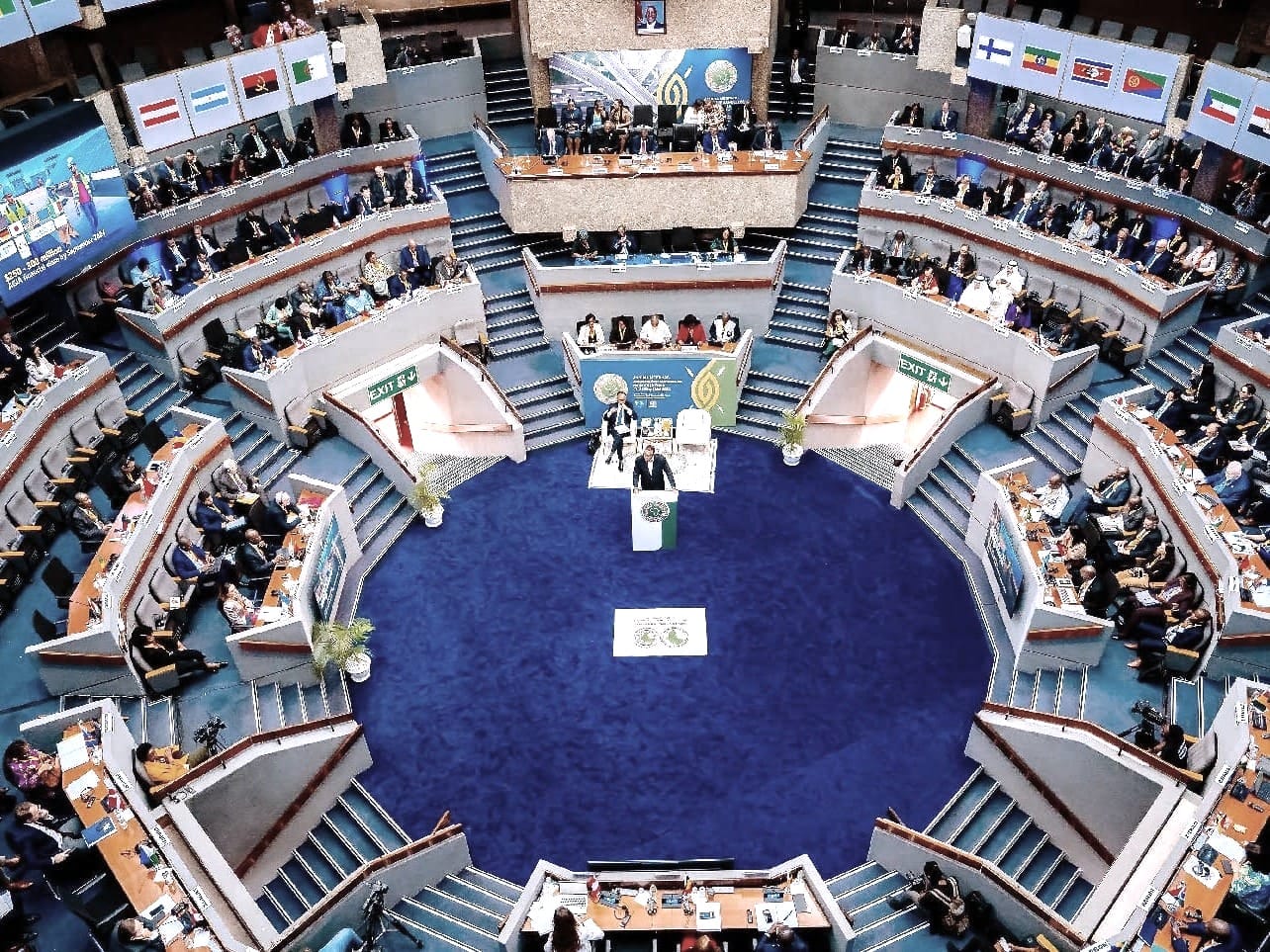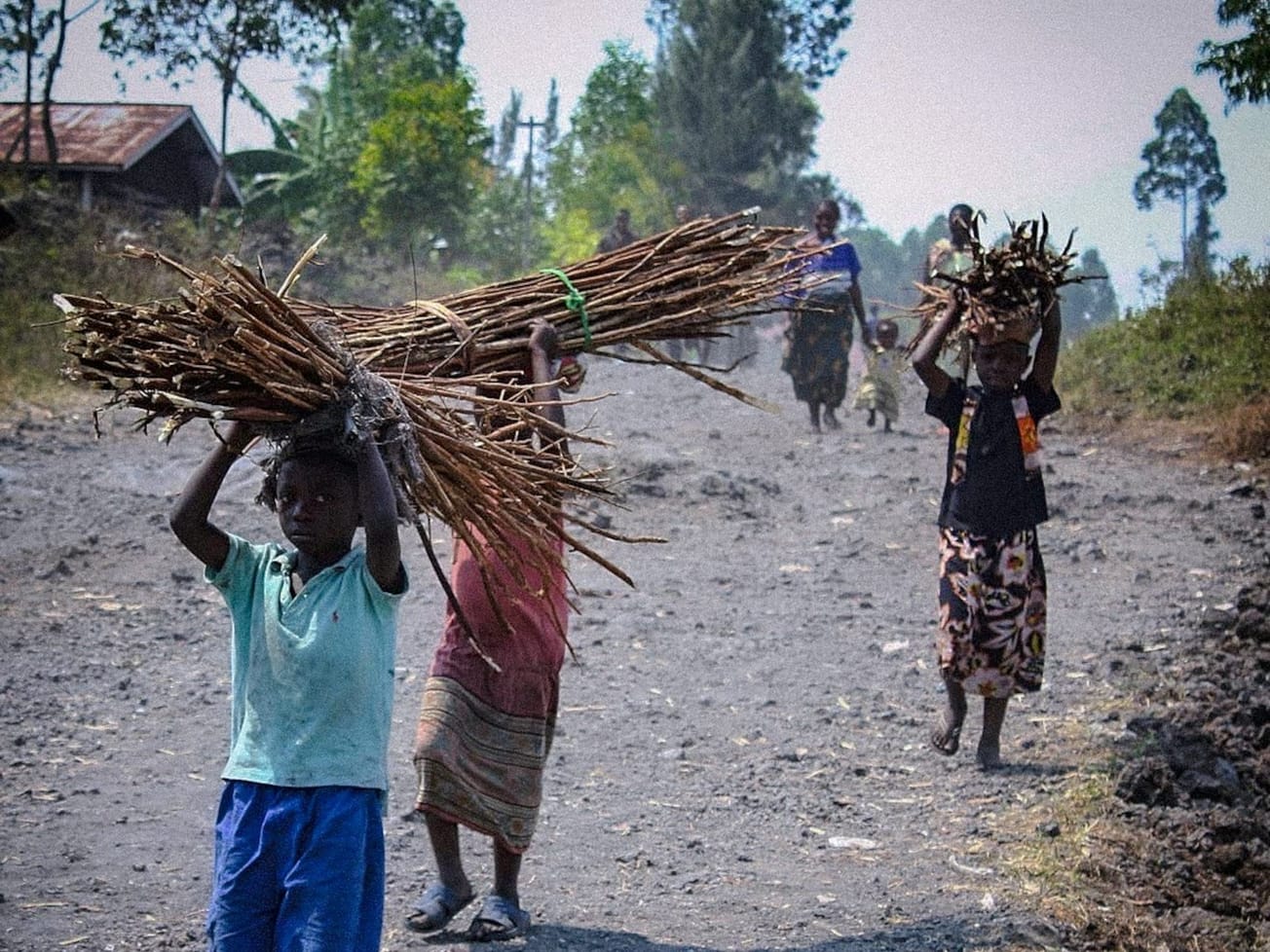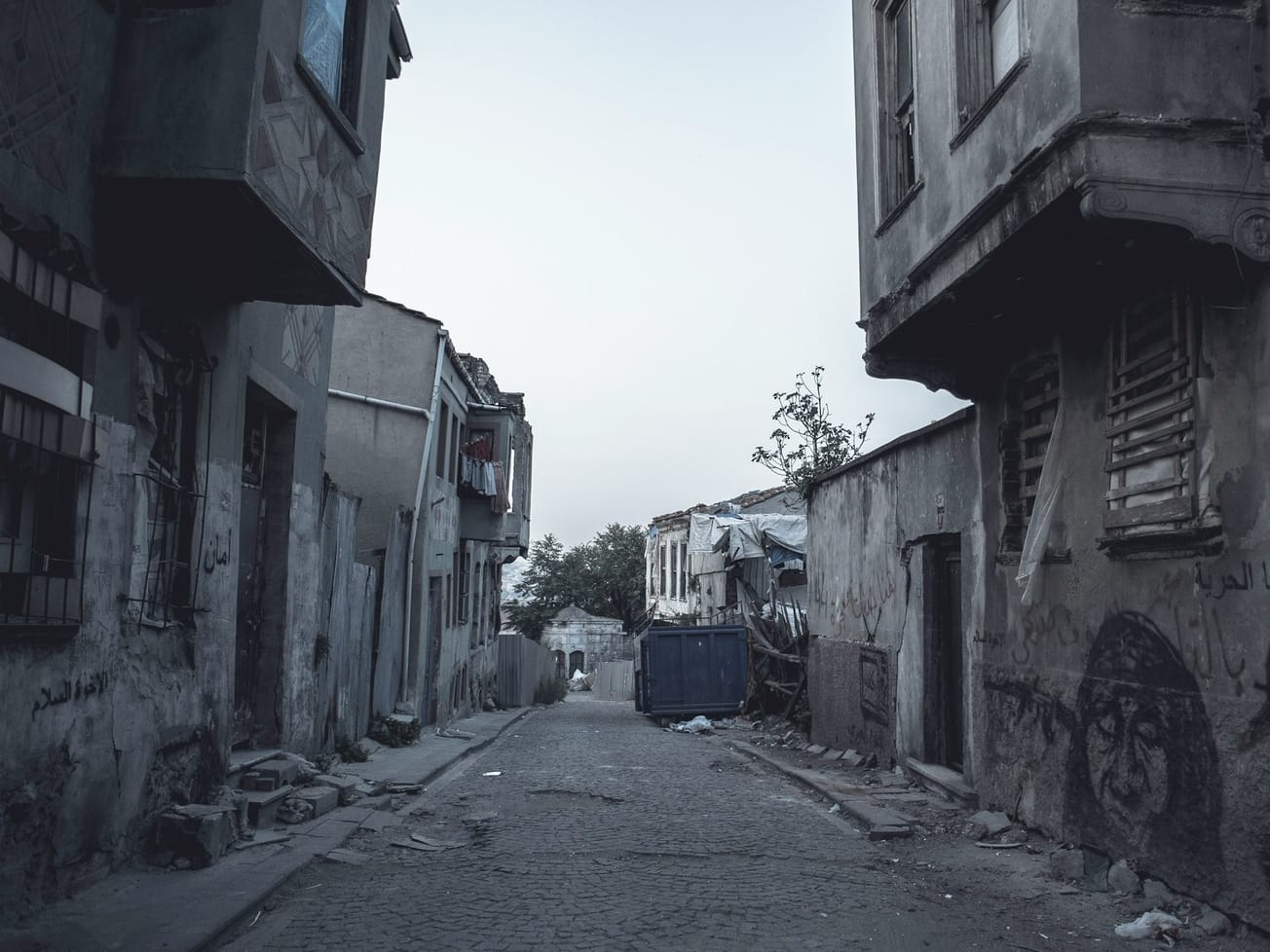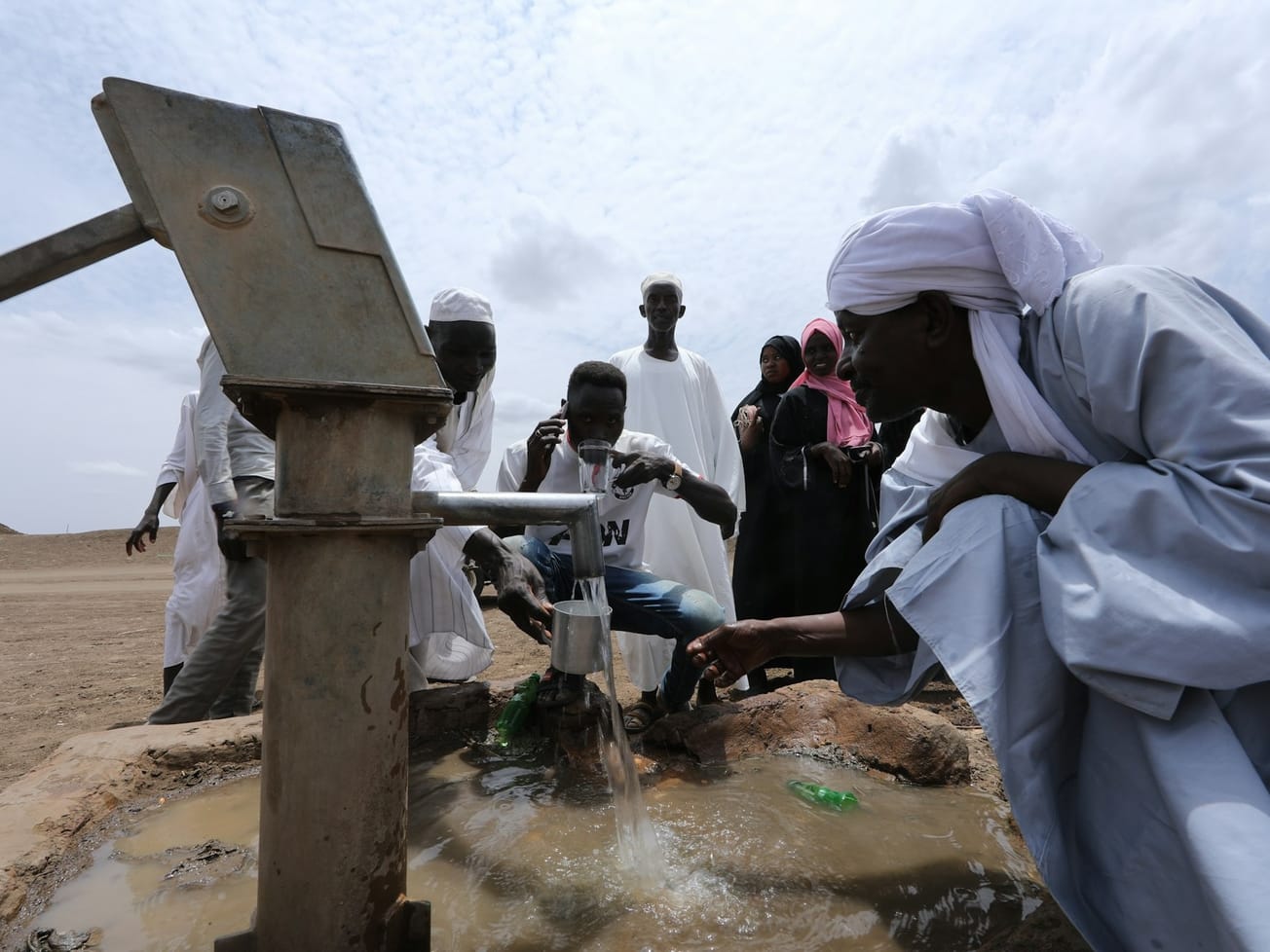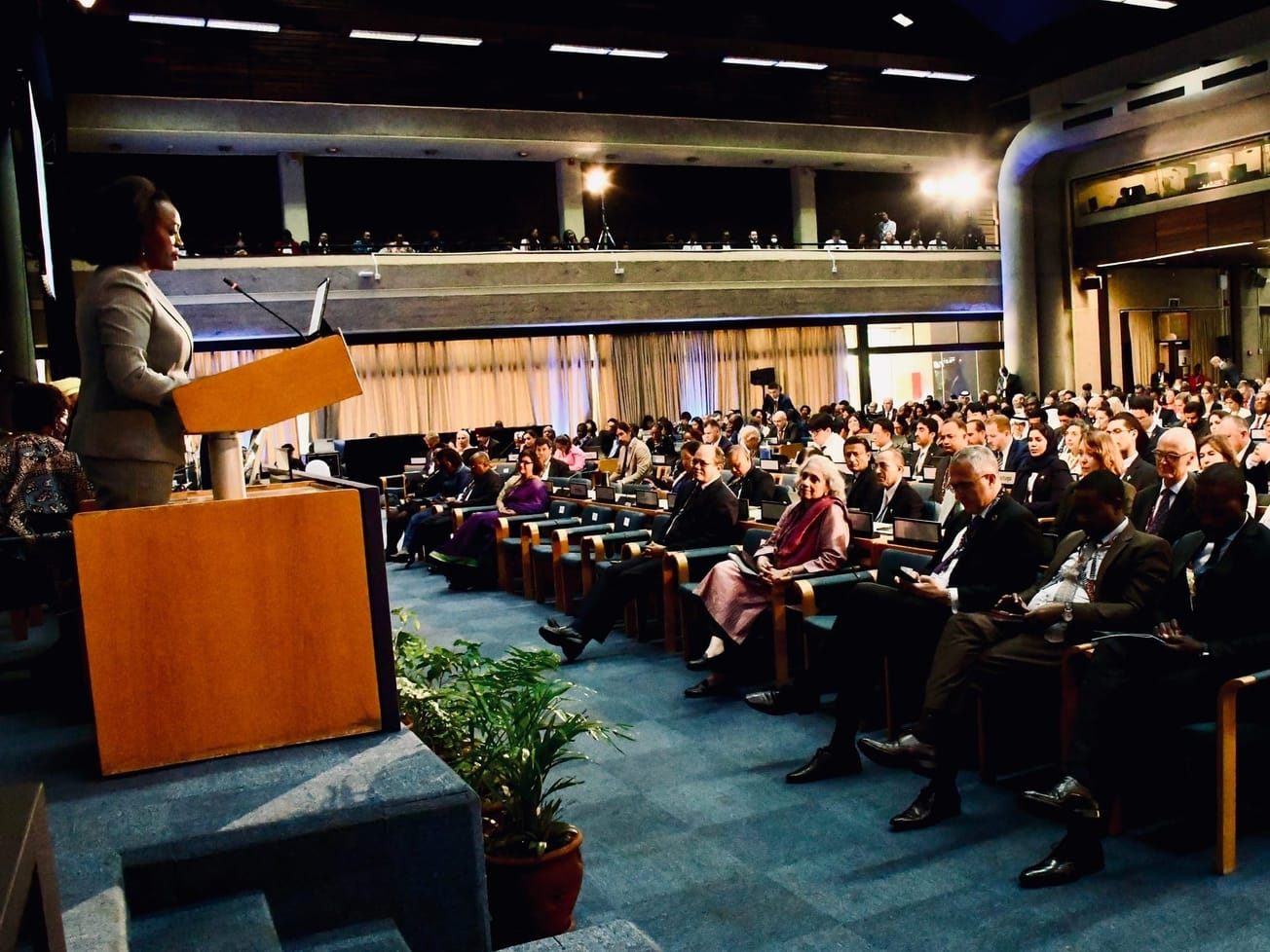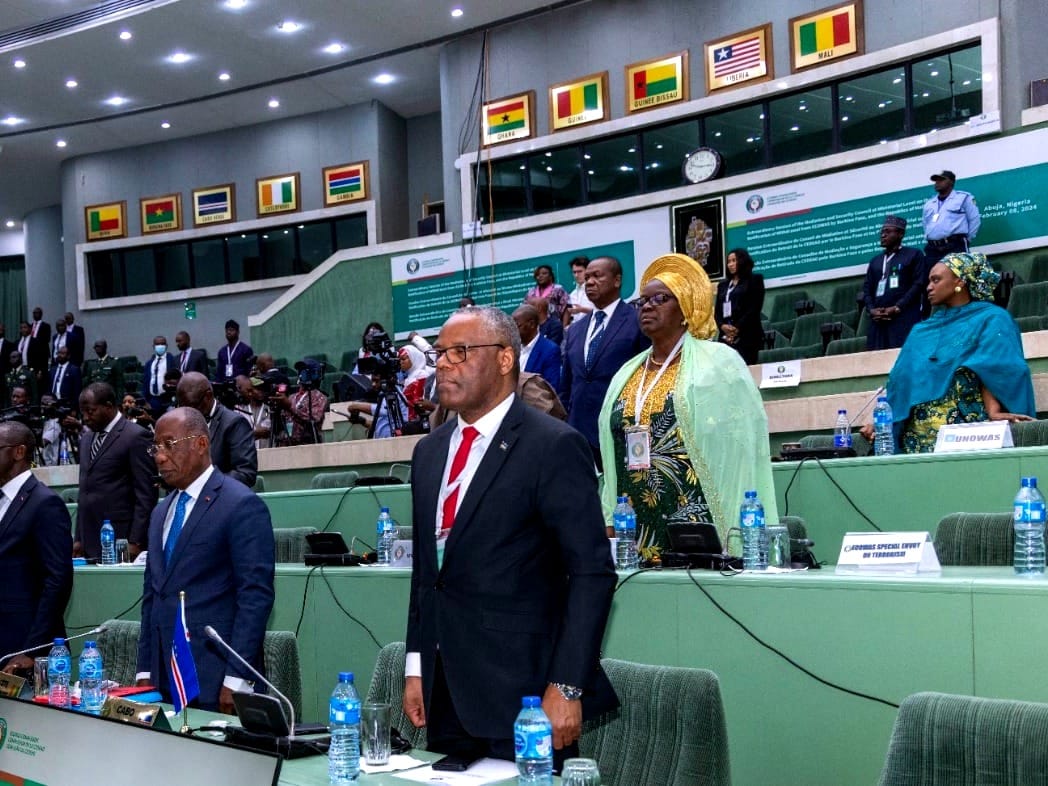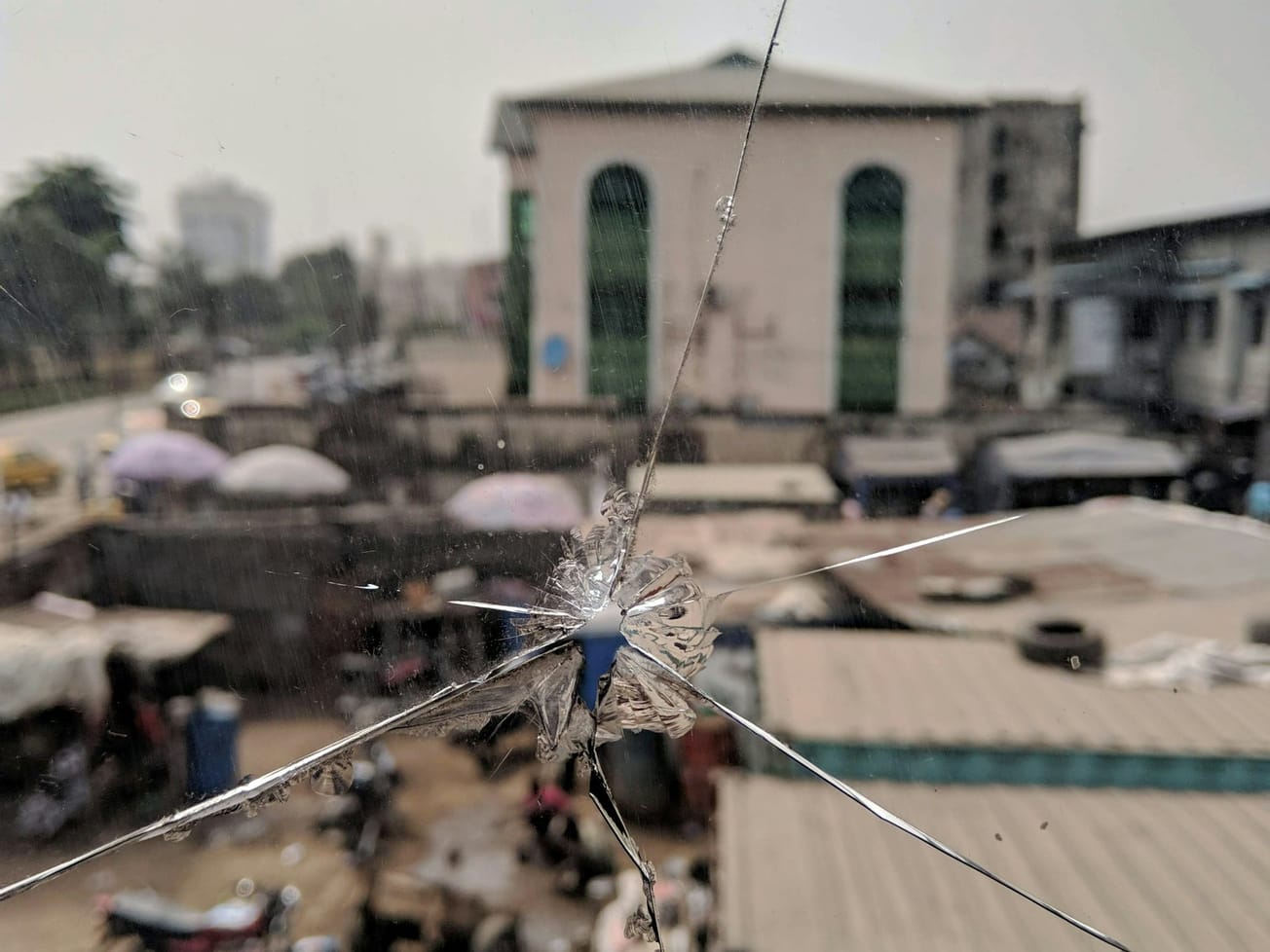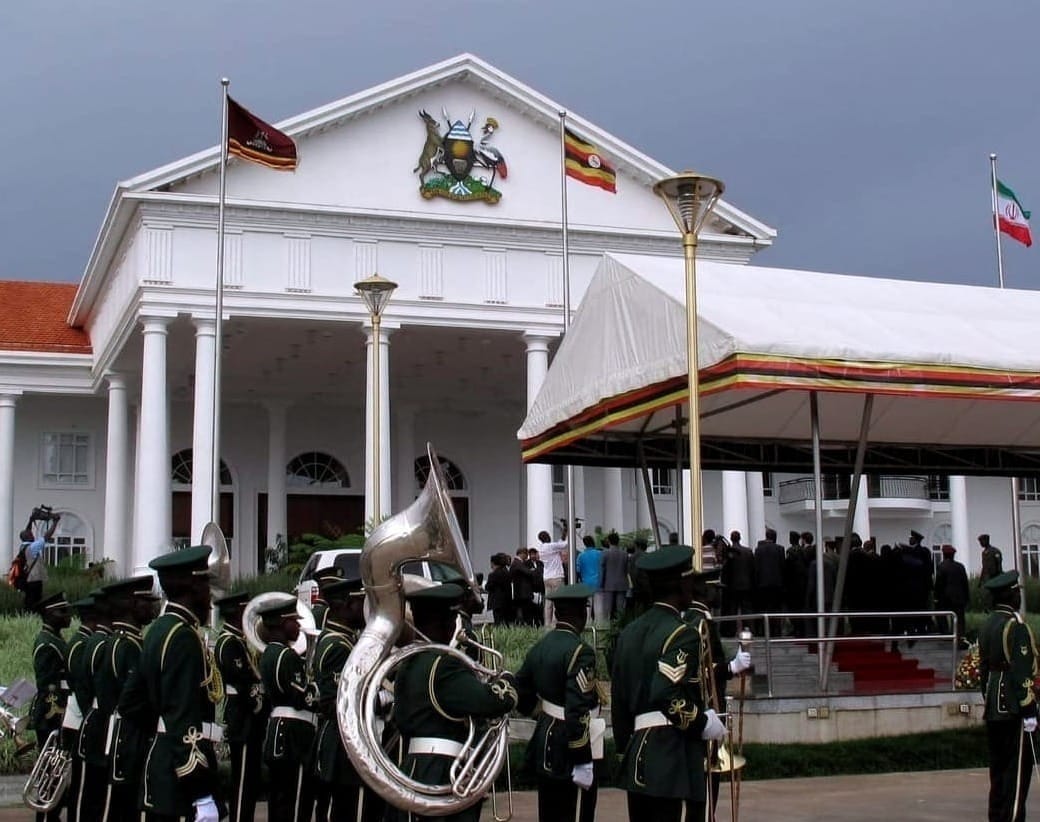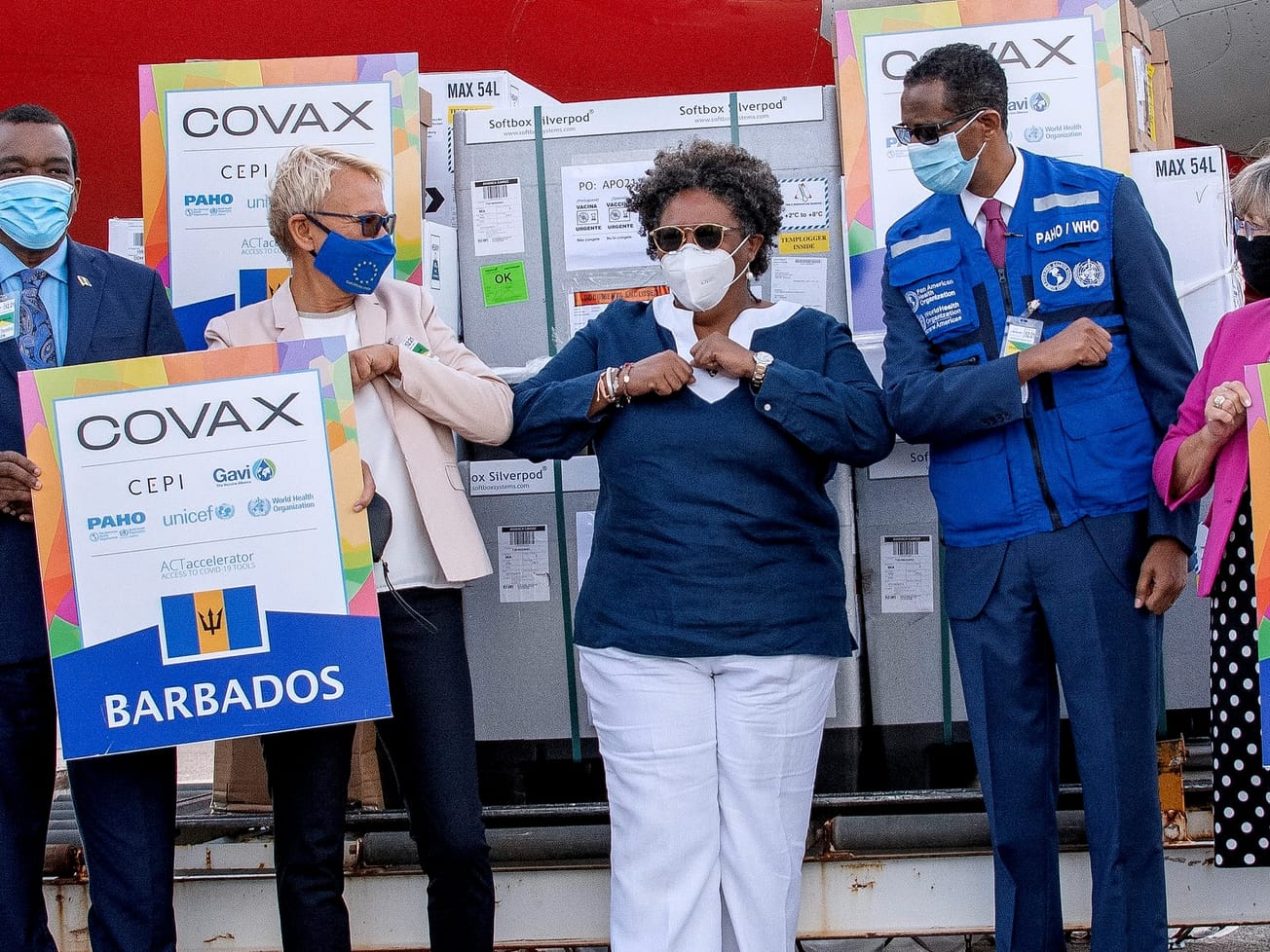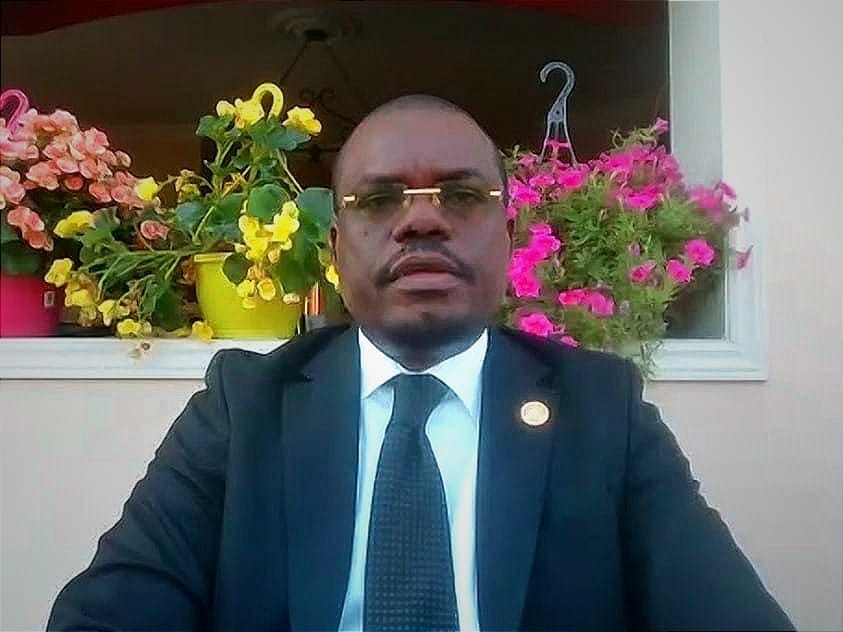
Africa CDC declares mpox surge its first continental health emergency
WHO will convene an emergency panel to determine if the mpox outbreak in Africa is a global public health emergency.
Africa is the world's second-largest and second-most populous continent, home to 54 recognized countries. With the world's youngest population, over 60% of its inhabitants are under the age of 25, creating both opportunities for innovation and challenges for job creation.

Already have an account? Log in
WHO will convene an emergency panel to determine if the mpox outbreak in Africa is a global public health emergency.
A U.N. report says at least 25% of global dust emissions that scatter on land and ocean come from human activities.
The departure of three of its junta-led members raises questions about the West African regional bloc's future.
Extreme forms of violence, human rights violations and exploitation afflict those fleeing for safety by land and sea.
Calls for more debt relief and climate finance dominated the multilateral development bank's annual meeting.
WHO warns disease and hunger are at alarming levels in the Congo, where almost 10 million people are on the move.
Europe dominates the top rankings as development in half of the world’s poorest nations falls below pre-pandemic levels.
The U.N. Security Council demanded an immediate end to fighting in Sudan during Ramadan, which begins Sunday.
Armed conflicts and planetary crises were top concerns of the U.N. Environment Assembly, which adopted 15 resolutions.
The West African regional bloc confronted a political rift over the 'potential exits' of nations led by military juntas.
The aid plan is meant to fund the work of 163 organizations inside Sudan and 83 others in refugee-hosting countries.
The U.N. chief said groups such as Islamic State, al-Qaida and others have quickly made Africa a major threat to peace.
Russia’s war in Ukraine and the Israel-Hamas war accelerated geopolitical tensions among major powers.
The U.N. in Somalia confirmed an 'aviation incident' with a U.N.-contracted helicopter in Galmudug, Somalia.
The multilateral effort fell short of its ambitious targets but still managed to save an estimated 2.7 million lives.
The World Bank is warning of a "lost decade" as rising interest rates push developing economies to the brink.
